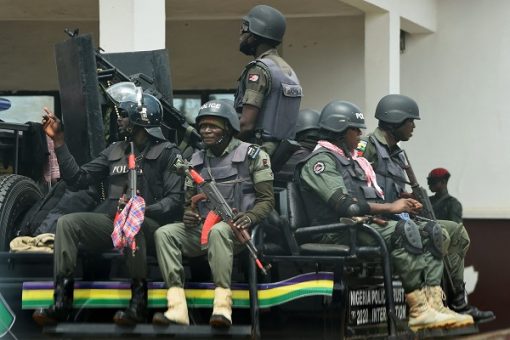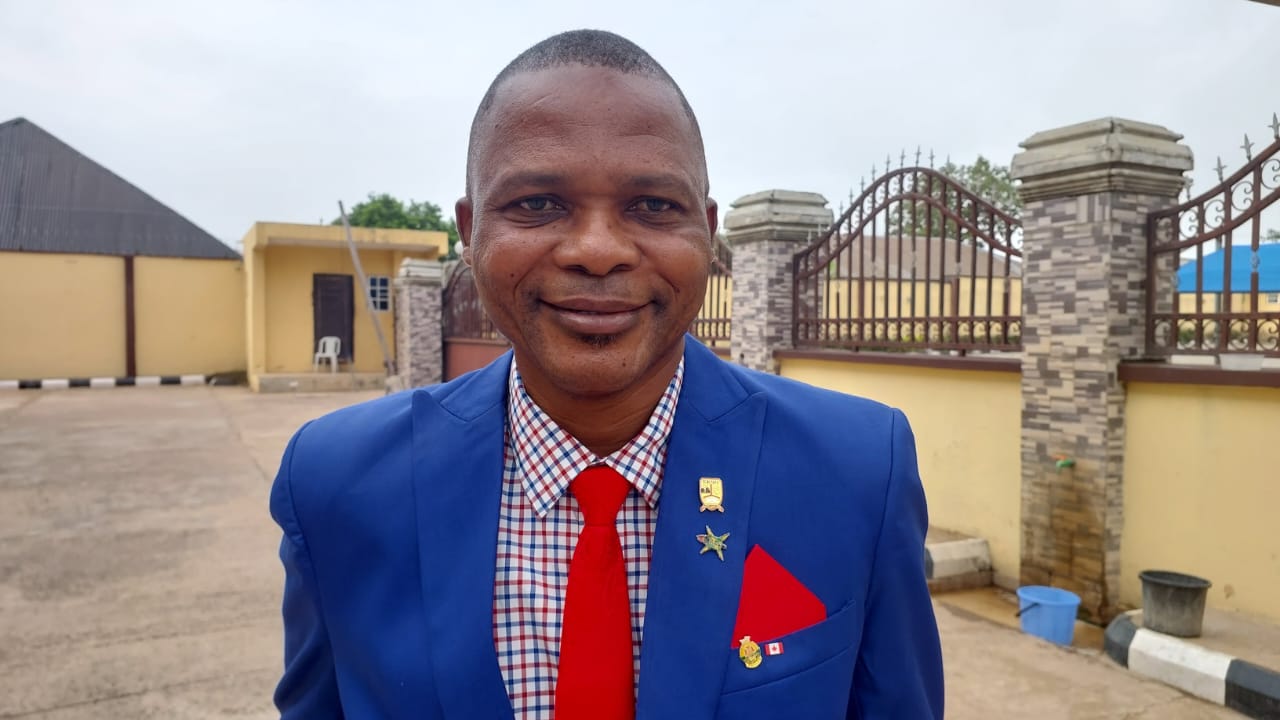By Fasuyi Tolulope Samuel
Amnesty International Nigeria has condemned the National Broadcasting Commission (NBC) for banning Eedris Abdulkareem’s politically charged song “Tell Your Papa”.
The organization described the move as a blatant assault on freedom of expression and the public’s right to information.
In a statement released via its official Facebook page, the global human rights body criticized the NBC’s decision to label the track as “Not To Be Broadcast,” citing its critical tone against the Nigerian government.
Amnesty described this classification as a misuse of regulatory authority aimed at silencing dissent.“The Nigerian people have the right to freedom of expression,” Amnesty stated.
“There is no legal justification for banning a song simply because it expresses dissent.”
Read: Timaya Criticizes Rapper Eedris Abdulkareem’s Reputation
The organization urged President Bola Tinubu to step in and direct the NBC to lift the ban immediately, emphasizing that dissenting voices should not be censored in a democratic society.
It warned that the NBC’s decision reflects a disturbing pattern of intolerance for criticism in Nigeria and called the act an affront to artistic freedom and press liberty.
Amnesty further lambasted the Nigerian Broadcasting Code, which was cited by NBC as justification for the ban, labeling it “deeply flawed” and “a tool for silencing critical voices.”
According to Amnesty, the ban also contravenes Nigeria’s constitutional guarantees and international obligations, including the International Covenant on Civil and Political Rights and the African Charter on Human and Peoples’ Rights—both of which enshrine the right to free expression.“
The use of the Nigerian Broadcasting Code… as a tool for silencing critical voices is unacceptable,” the statement added.In a strong appeal to the Tinubu administration, Amnesty urged the government to swiftly reverse the ban, warning that failure to do so could further deepen the climate of fear and repression in the country.
It also called for the repeal of what it termed excessive censorship regulations.This condemnation follows a 48-hour ultimatum issued by the Socio-Economic Rights and Accountability Project (SERAP), demanding that the government and NBC reverse the ban or face legal action.
Amnesty’s stance has intensified growing public debate over censorship and the shrinking space for freedom of expression in Nigeria.







































